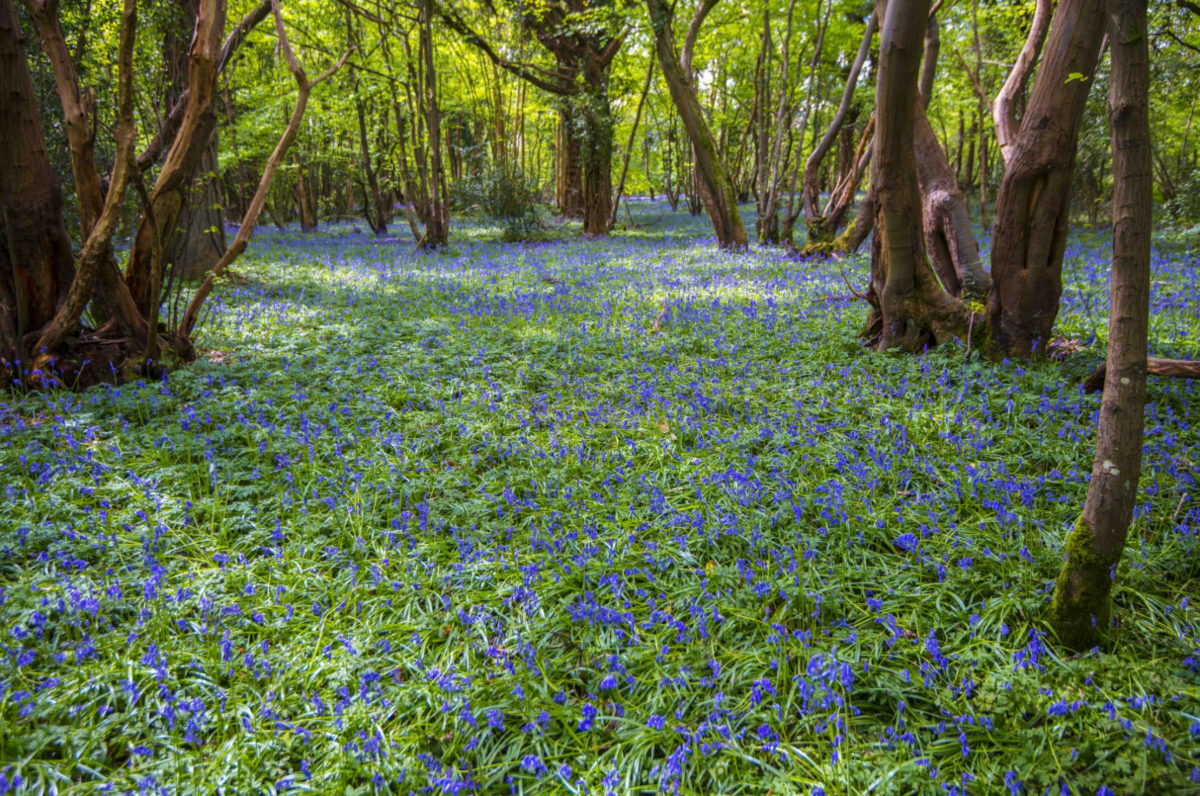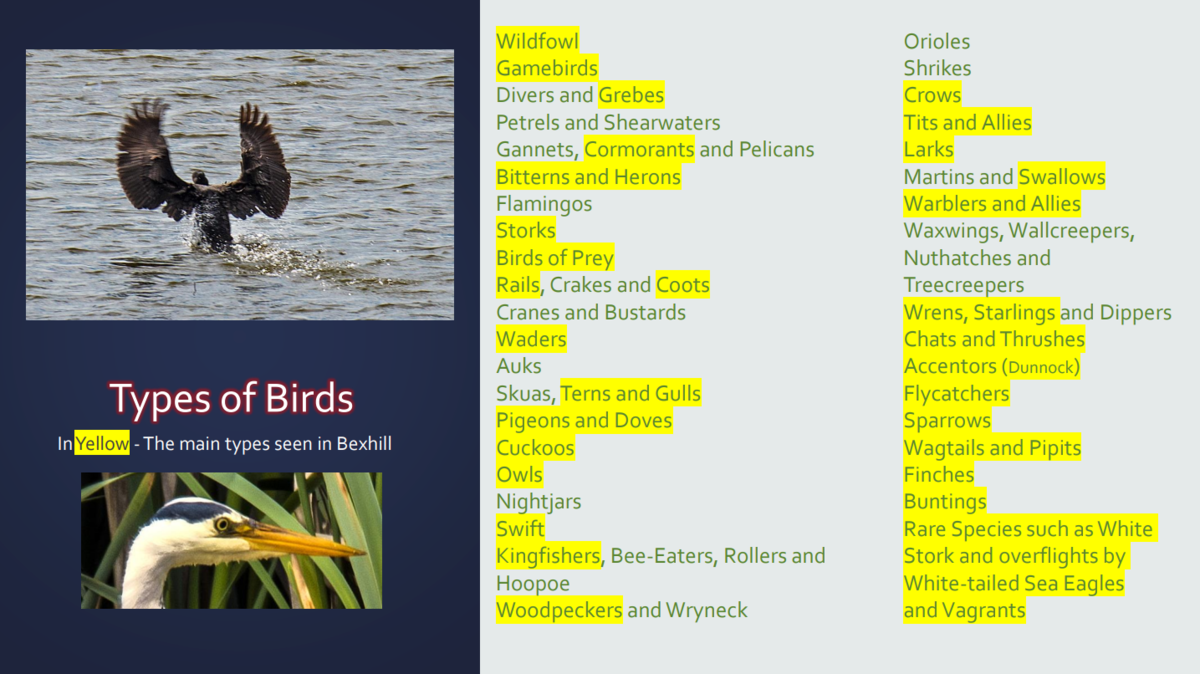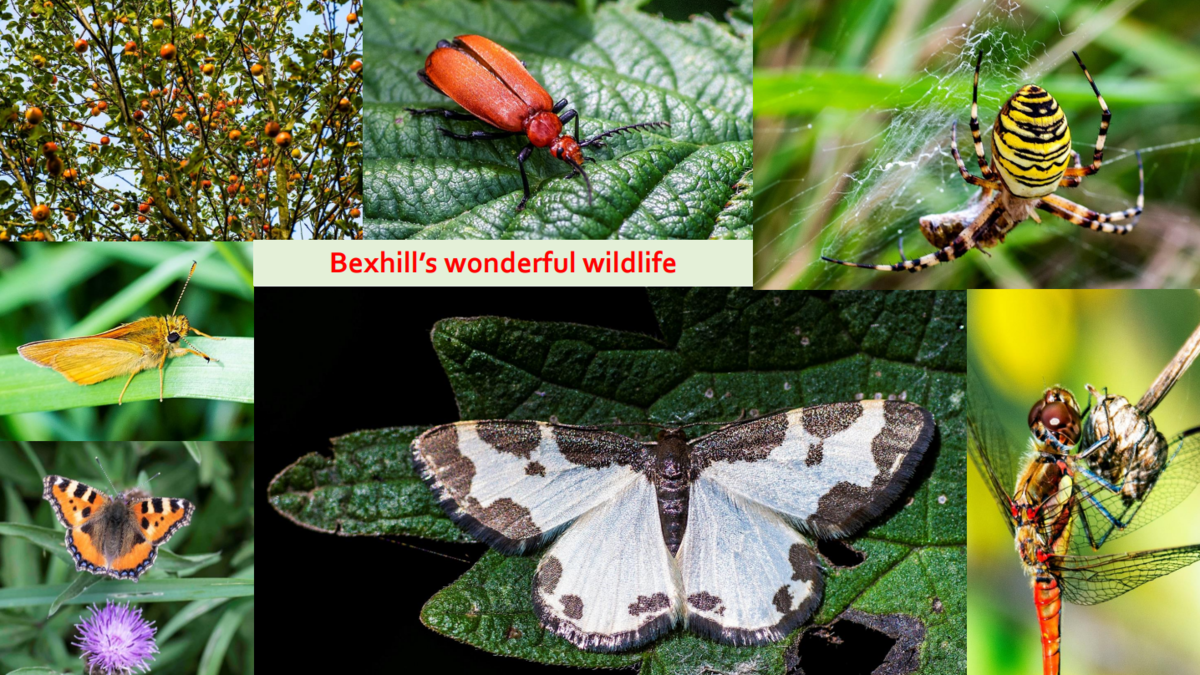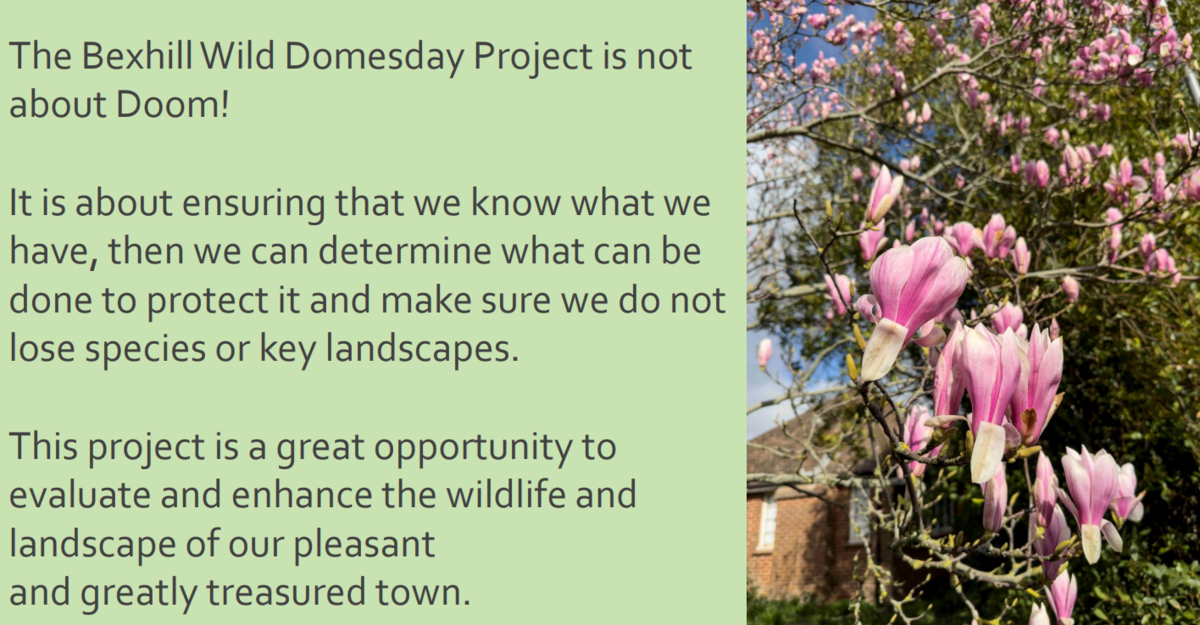The Domesday Project
The Town Council is making a start on the Bexhill Wild Domesday Project. The project centres on involving the population of Bexhill, especially young people, in an assessment of our wild and natural treasures, how to conserve them and how, in the end, to enhance their habitats for the greater benefit of the town’s population and its natural assets.
Fortunately, Bexhill has access to a host of local naturalists, wildlife organizations and enthusiasts backed up by voluntary and professional organisations, and experts on environments and species ranging from beetles and butterflies to soil erosion, bird migration and sea defences, who want to make sure that our natural environment is logged, monitored, and rescued before it is too late.
Bexhill-on-Sea Town Council has already developed a Climate Change Action Plan which reflects the areas to be addressed by 2030. We cannot escape from the implications of climate change and sea level rises, and this project is all about identifying what wild and natural treasures Bexhill has, to make sure they survive and thrive. This Wild Domesday Project will be a major contribution from our town towards the national and global efforts being made to slow, mitigate, and adapt to the runaway climate.
The first stage of The Wild Domesday Plan will conform to the East Sussex County Council (ESCC) Responsible Authority Local Nature Recovery Strategy (LNRS), and will be developed in consultation with other bodies such as Rother District Council.
We will conduct a comprehensive scientific evaluation phase to identify the types of landscape and ecology we have within the nine Town Wards: Central, Collington, Kewhurst, Old Town, Sackville, St Mark’s, St Michael’s, St Stephen’s, and Sidley. The assessment of Bexhill’s plant and wildlife and natural environment will be undertaken in collaboration with a range of experts, amateur and professional, who work to the highest standard.
Using the data obtained from the multiple sources, a team of 18 volunteers (two per ward) would be recruited from interested residents including young people, involving the schools where possible. Trained and guided by naturalist experts, the team would then conduct street-by-street and landscape surveys looking for problems in trees, plant types, wildlife, coastal areas, streams, water courses and pollution of the environment.
If you are interested in becoming a volunteer for this unique project, please contact [email protected] to express an interest.



